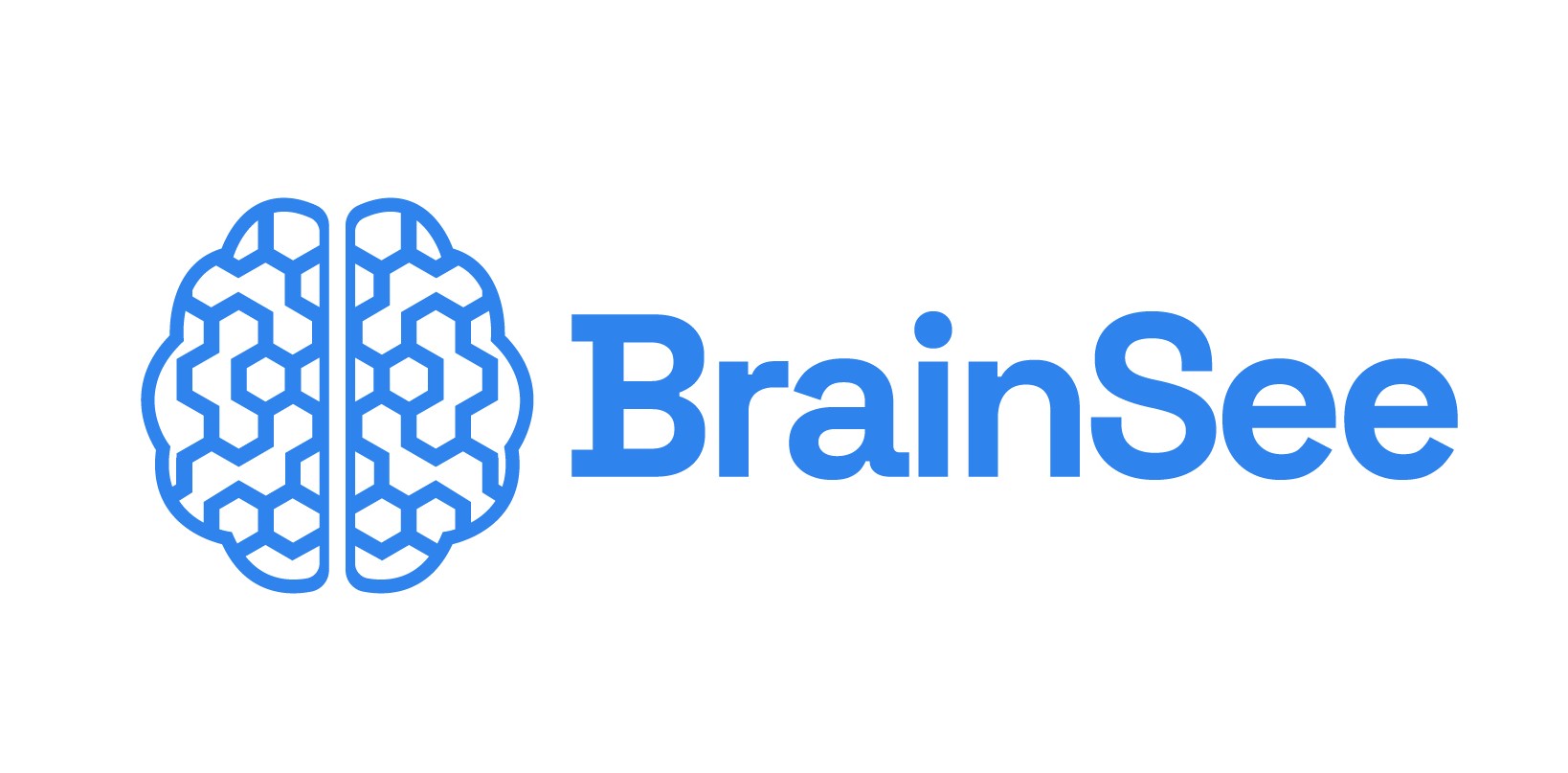A new world for people with memory concerns and mild cognitive impairment
Precision prognosis +
Correct life and care planning +
Accurate monitoring
Together we prevent & postpone dementia
Target population for “BrainSee Clinic”:
Anyone with memory concern
Target population for “BrainSee Test”:
Patients with amnestic mild cognitive impairment

Low risk
Reassurance and avoid invasive Alzheimer tests and drugs
High risk
Early treatments, life & care planning, monitoring → Prevent / delay dementia
What is BrainSee?
BrainSee is a medical software designed to help physicians determine the prognosis of patients who have amnestic mild cognitive impairment (aMCI).
BrainSee’s novel medical AI algorithm processes a patient’s MRI and cognitive scores and provides a score between 0 and 100 (lower is better) that helps doctors determine the patient’s likelihood of progression from mild cognitive impairment to Alzheimer’s dementia.



The novel technology behind BrainSee
BrainSee was designed and developed based on 40 years of cutting-edge neuroscience, artificial intelligence (AI), and thousands of real patient data. BrainSee algorithm processes the patient’s brain MRI scan, pulling critical information that is physiologically relevant to the brain tissue degeneration, and combines it with clinical cognitive test scores to provide a prognostic insight to the physician. Such insight helps doctors choose the best course of treatment or interventions.
Why use BrainSee instead of (or before) PET or CSF biomarkers?

Non-invasive

Convenient

Accurate

Affordable

Available

Scalable

Users: Medical Doctors
BrainSee is essential for any clinician who evaluates patients with mild cognitive impairment. These clinicians generally include geriatricians, neurologists, psychiatrists, family physicians, and primary care physicians.
Benefits of BrainSee
- For low-risk patients, reassurance can be provided without having to go through invasive tests such as lumbar puncture for CSF biomarker measurements, or amyloid PET (radiotracer injection, radiation exposure, high cost, low accessibility, low positive predictive value). BrainSee can be repeated annually if patient & doctor want continued reassurance and monitoring.
- For high-risk patients, early interventions (medications, lifestyle changes) may postpone the onset of dementia. Life and care planning can be started early. BrainSee can be repeated quarterly if patient & doctor request additional and continued evaluation.
- For doctors, BrainSee enables a data driven approach to diagnostic/ prognostic decision making; increases workflow efficiency; and facilitates a quantitative assessment of the patient’s status with patients and family members.

Inputs & Output
Inputs:
- Brain MRI (standard 3D T1, no contrast injection, no radiation)
- Cognitive test scores (MMSE & CDRSB)
Note: BrainSee inputs are part of current clinical workup of mild cognitive impairment patients. No extra burden.
Output: A printable report that provides a prognostic score and instructions on how to interpret it.
Selected Testimonials




